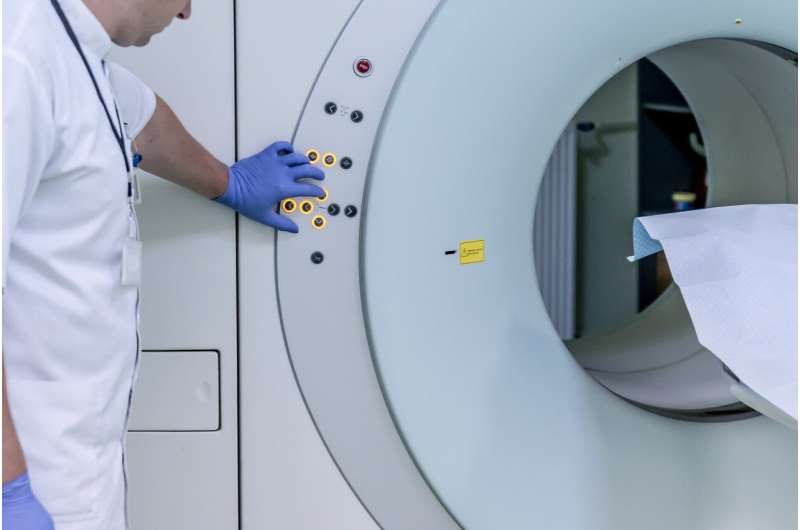Research Links Pathogen Adaptation to Autoimmune Risks in Han Chinese Population

A new study explores how HLA gene evolution in Han Chinese influences resistance to pathogens and risk of autoimmune diseases, highlighting the origins of immune-related conditions through evolutionary insights.
A groundbreaking study conducted by Profs. Xu Tao and He Shunmin from the Chinese Academy of Sciences' Institute of Biophysics has shed light on the complex relationship between human immune genetics and disease susceptibility. The research focused on the human leukocyte antigen (HLA) genes, which are crucial components of the immune response, and explored how their evolution influences resistance to pathogens as well as vulnerability to autoimmune conditions.
Centered on the Han Chinese population, the study provided new insights into the co-evolutionary dynamics between humans and infectious agents. Utilizing the extensive NyuWa genome resource, researchers employed advanced high-resolution genotyping to analyze 31 HLA genes across a sample of 8,278 individuals globally. The genotyping achieved remarkable accuracy, with precision between 94% and 97% at the amino acid level, making it one of the most comprehensive datasets on HLA gene diversity, especially among Han Chinese populations.
This publicly accessible data set has enabled researchers to examine the genetic correlations between HLA alleles associated with pathogen adaptation and those linked to increased autoimmune disease risk. Their findings suggest that many HLA variants that have evolved to combat infectious agents may also predispose individuals to autoimmune disorders. This reflects a core principle of evolutionary medicine: traits that provide defense against pathogens can inadvertently heighten the likelihood of immune dysregulation in modern environments.
The study's conclusions contribute to a deeper understanding of the origins and development of autoimmune diseases within the context of human evolution and pathogen interactions. They also hold significant implications for improving medical practices by considering evolutionary perspectives in disease management and treatment strategies.
More details can be found in the publication "The Pathogen Adaptation of HLA Alleles and the Correlation with Autoimmune Diseases in the Han Chinese" in Genomics, Proteomics & Bioinformatics (2025).
Source: Medical Xpress
Stay Updated with Mia's Feed
Get the latest health & wellness insights delivered straight to your inbox.
Related Articles
The Rise of Commercial Investment in Medical Imaging: Key Concerns
An expanding industry of private investments in medical imaging raises concerns about reduced competition, overuse of costly scans, and the influence of profit motives on healthcare quality. Learn about the key issues and the need for safeguards to protect public health.
Understanding Autism: Recognizing Early Signs, Challenging Misleading Labels, and Emphasizing the Importance of Support
Explore the latest insights on autism spectrum disorder, including early signs, the impact of labels, causes, and the importance of supportive measures to help autistic individuals thrive.
Innovative Intergenerational Care: Connecting Young and Older Adults in Purpose-Built Communities
A groundbreaking intergenerational living model in South Australia connects seniors and children, promoting well-being, empathy, and community through purpose-built shared spaces and activities.
Debunking Concerns About Calcium Supplements and Dementia Risk
New research shows that calcium supplements do not increase dementia risk in older women, reassuring clinicians and patients about their safety for brain health.



